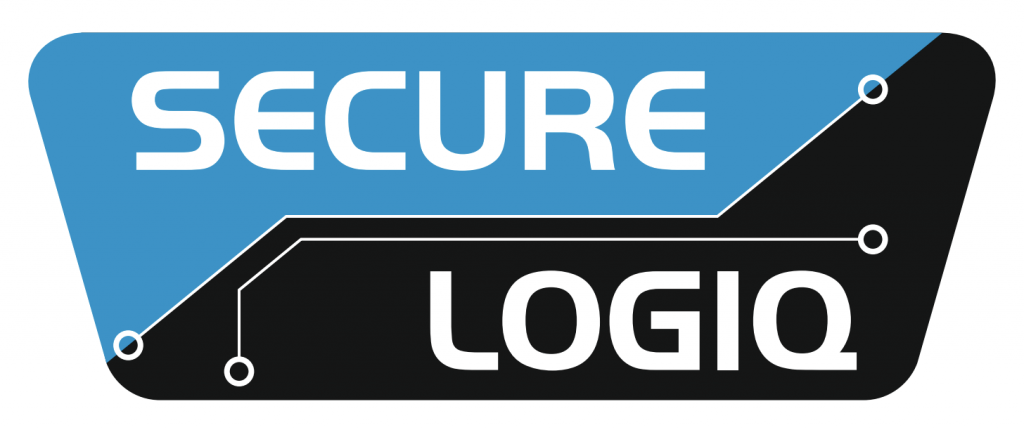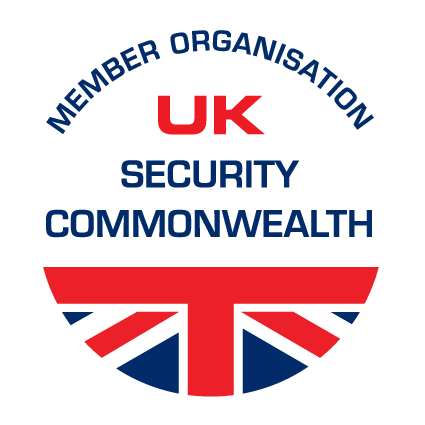On Wednesday May 12, ASIS International UK – Women in Security and INTERPOL co-hosted a joint webinar showcasing “Women in Intellectual Property”. There was a stellar line-up of IP Leaders from both private and public sectors. The session was introduced by INTERPOL’s Head of the International IP Crime Investigators College (IIPCIC), Kirstine Pedersen, and Board Director ASIS Women in Security, Suzanne Collins. The leaders took us through their journey, their careers and provided vision into their roles in the sector.
This informative session was moderated by Hoda Barakat. Hoda is a leader in the field of IP and sits on the Board of the Emirates IP Association. She also sits as a panelist on the World Intellectual Property Organization’s Mediation and Arbitration Panel and an Arbitrator on the Dubai International Arbitration Centre’s list of Arbitrators. She has mediated and arbitrated numerous disputes in these capacities. Hoda has also been awarded several awards and accolades over the years; including: The Professional Achievement Award in the Women’s Middle East Achievement Awards 2003 and the Emirates Business Woman Award in the Dubai Quality Group Emirates Women Awards 2005. As Hoda introduced the panel, it was clear that this session was going to be incredible and that she would be asking thought provoking questions of the speakers. In particular, she highlighted the objective of the seminar to put the spotlight on women in IP and their achievements, and to hear their recommendations to younger men and women in the field of illicit trade. A key point she underlined was the need to aim high and get support from your mentors and to draw on the amazing benefits from working at an international level with all stakeholders.
First up to represent the private sector was Marie Pattullo. Marie qualified as a solicitor in 1993 in the City of London, then moved to Brussels. After an internship at the European Commission she worked for two law firms before moving to AIM, the European Brands Association, in 2000. As the Senior Trade Marks and Brand Protection Manager, she works closely with AIM’s members on all aspects of policy surrounding trade marks, their use and misuse both off- and online, to ensure effective administrative systems and appropriate respect and enforcement. As AIM’s mandate is European, most of Marie’s work is focused on the EU and its institutions, but she is also a GNSO Councilor for the Business Constituency at ICANN, the global organisation that develops policy for domain names. Marie’s personal story echoed the themes introduced by Hoda, illustrating the importance of peer support in carving out a meaningful and fulfilling role. Marie holds dual British and Belgian nationality.
Marie was followed by our first public sector speaker, Jeannette Haufiku. Jeannette works for the Namibian Police Force holding the rank of Detective Chief Inspector and Control Social Worker. She has vast experience in dealing with transnational organised crime and IP cases. She has served on the Namibian Police Force for 22 years and is currently seconded to INTERPOL Regional Bureau Harare, where she is a Regional Specialized Officer. As Regional Specialized Officer she is responsible for the analysis of pertinent information related to Transnational Organized Crime. Jeannette supports the implementation of projects aimed at addressing the various forms of transnational organized crime in the region and plans, implements and reviews initiatives and activities concerning financial and hi-tech crimes including IP crime. She specializes in Women and Children Protection cases, including investigation of rape and domestic violence cases. She is also responsible for the psycho-social functioning of all police officers in the country regarding gender and welfare issues. Jeannette shared insight on IP challenges in Southern Africa, INTERPOL Regional Bureau response and cooperation with INTERPOL IIPCIC. She described how she has been working with the IIPCIC team to carry out the decision of SARPCCO police chiefs to embed IIPCIC online training modules in police training academies in the SARPCCO member countries. This initiative will equip the law enforcement communities in the region to tackle IP crime in a more sustainable and effective way.
Following Jeannette, we heard from Nikki Consterdine. Nikki Consterdine is the current Intellectual Protection Manager for Epson Europe. Nikki manages the IP enforcement programme across Europe, Middle East, Africa & Russia. Throughout her career in brand protection – which spans over 2 decades – Nikki has worked for Reebok, Harley-Davidson and ghd. Nikki is a current board member of the non-profit trade association ‘The Anti-Counterfeiting Group’ in the UK and campaigns to promote strong public-private partnerships between law enforcement agencies and rights holders. Nikki shared insight into her personal journey into brand protection and spoke of ‘a day in the life’ of a brand protection manager. No two days are ever alike, and Nikki’s talk highlighted the need to work with a multitude of stakeholders and IP specialists from both public and private sectors. Nikki also shared EPSON’s efforts to promote advancement of women in the workplace.
Our final speaker was Joycelyn Hughes. Joycelyn has held the role of Border Security Affairs Specialist since January 2016 when she joined the team at CARICOM IMPACS. The role of Training Coordinator was added in June 2020 in addition to her existing duties. She is presently on secondment from the government of Antigua and Barbuda.
Joycelyn joined the public sector as an Immigration Officer in 2001 and commenced her mobility up the ladder of success in the Immigration Department.
As a leader tasked with influencing change, she was empowered with the role to deliver training to other leaders in the public sector on how to identify processes in the various departments or Ministries and to redesign these processes to achieve dramatic improvements in critical modern measures of performance, such as cost, quality, service, and speed.”
Her commitment and ability to manage complex problems and, above all, her immense passion for the principles of public service serves as a meaningful contribution to the region’s development in the area of security, Capacity Building, Border Security and principled governance.
The seminar was well attended by over 165 professionals in security, law enforcement, border officials, and many other industries. It was an informative and practical platform that helped participants to understand the many aspects of this complex organized crime area and know that there is a global community of women in IP standing by to support them in their efforts. An underlying theme of the event was the belief in the achievements that are made possible by working together. ASIS Women in Security and INTERPOL look forward to their continuing partnership and the opportunity to offer collaboration, learning and networking between their respective members.

















